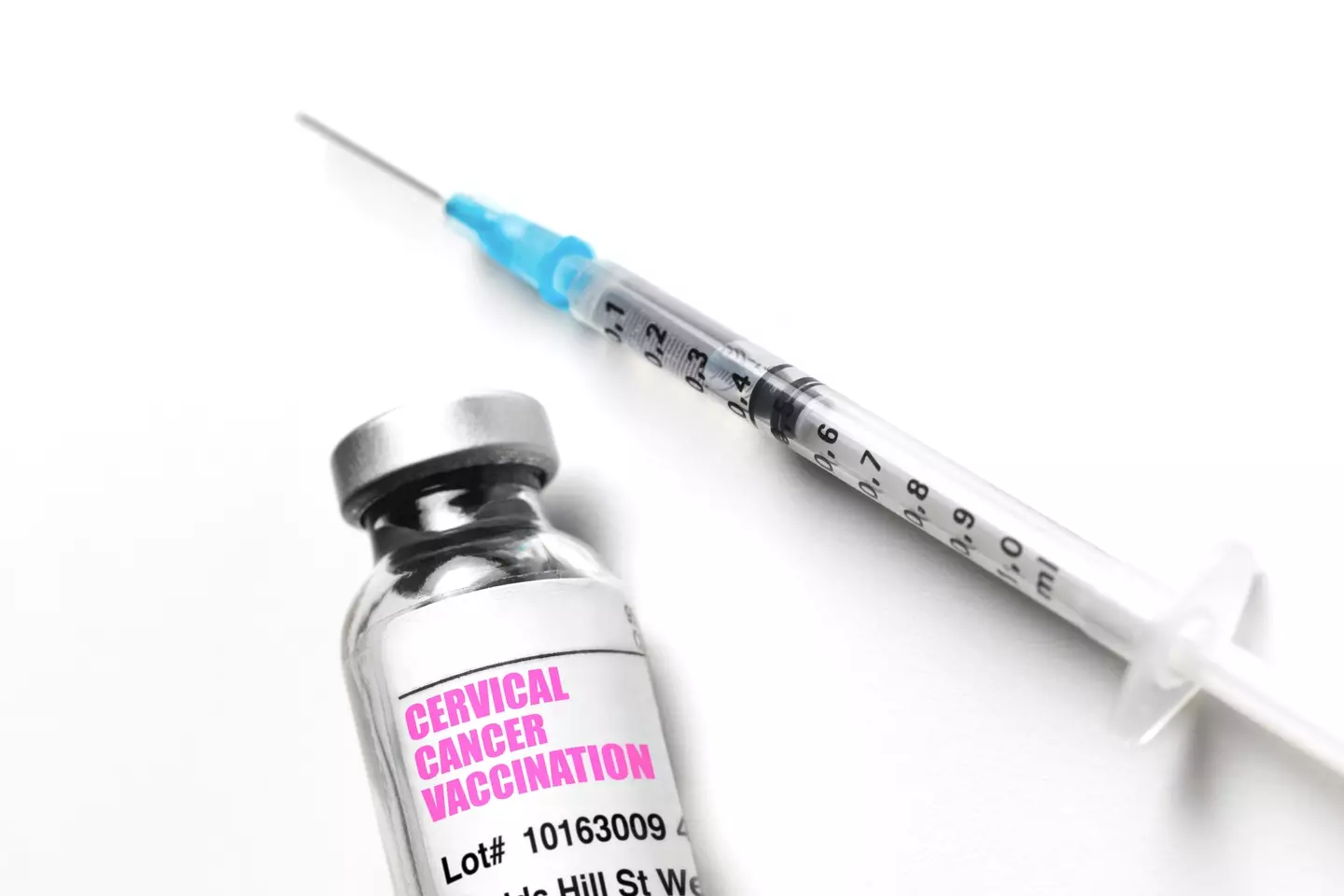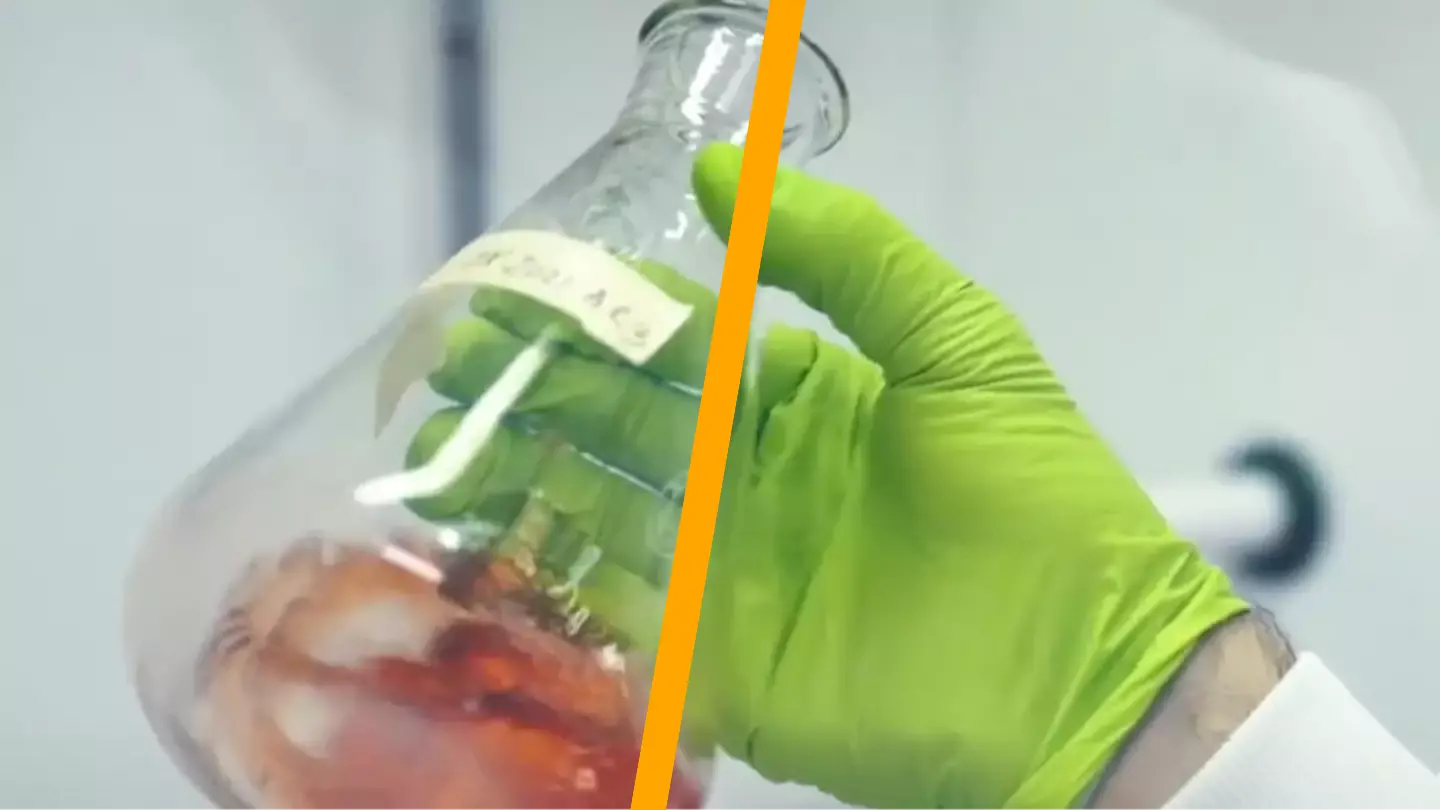Researchers are close to achieving a significant advancement in medical science with a pioneering ‘cancer vaccine’ that could potentially halt the progression of the disease two decades in advance.
In the U.S., cancer continues to impact countless families annually.
The National Cancer Institute reports that last year, over two million new cancer cases were identified in the United States, resulting in 611,720 deaths due to the illness.

The institute lists the most frequent cancers as breast, prostate, lung and bronchus, colon and rectum, melanoma, bladder, kidney and renal pelvis, non-Hodgkin lymphoma, endometrial, pancreatic, leukemia, thyroid, and liver cancers.
Nonetheless, a significant development might be on the horizon as scientists at the University of Oxford in the UK are progressing towards developing a vaccine to combat the disease.
Researchers have disclosed that they aim to ‘detect the undetectable’ by identifying cellular changes two decades before cancer manifests, according to The Mirror.

Professor Sarah Blagden, who is co-leading the initiative with the pharmaceutical firm GSK, explained their approach to studying ‘pre-cancer biology’ during an interview on BBC Radio 4’s Today programme.
She stated: “Cancer does not sort of come from nowhere.
“You always imagine it would take about a year or two years to develop in your body but, in fact, we now know that cancers can take up to 20 years, sometimes even more, to develop – as a normal cell transitions to become cancerous.
“We know that, actually at that point, most cancers are invisible when they are going through this, what we now call pre-cancer stage. And so the purpose of the vaccine is not to vaccinate against established cancer, but to actually vaccinate against that pre-cancer stage.”
This initiative is part of the GSK-Oxford Cancer Immuno-Prevention Programme, and the university has already cemented its reputation as a leader in vaccine development, notably for the first Covid-19 vaccines, and in the identification of other cancers.

The scientists have pinpointed tumor-specific proteins that vaccines might target to prevent cancer recurrence, with ongoing research aimed at vaccinating individuals before cancer develops.
Oxford University’s Vice-Chancellor, Professor Irene Tracey, commended the collaboration as a significant advancement in cancer research, expressing optimism that the team will ‘unlock the potential of cancer vaccines and bring hope to patients worldwide’.
This news follows reports from the research team that several potential preventative cancer vaccines are in development at the university, including ‘LynchVax’ for those with Lynch syndrome (a hereditary condition that heightens cancer risk), ‘OvarianVax’, which trains the immune system to recognize and target early ovarian cancer stages, and ‘LungVax’, designed to prevent or delay cancer onset in individuals at risk for certain lung cancer types.

